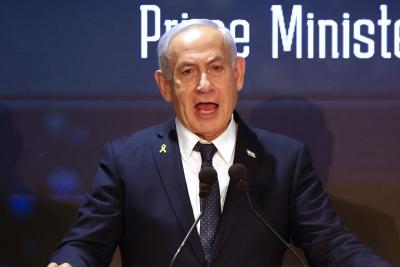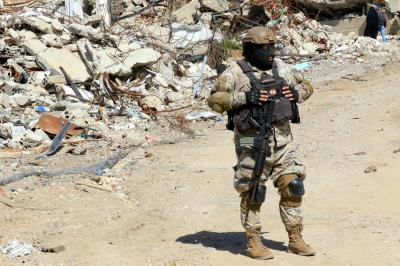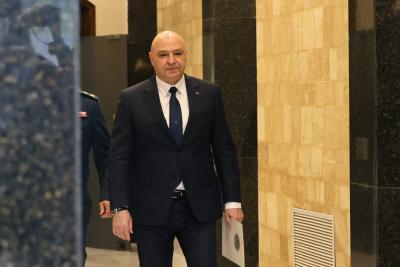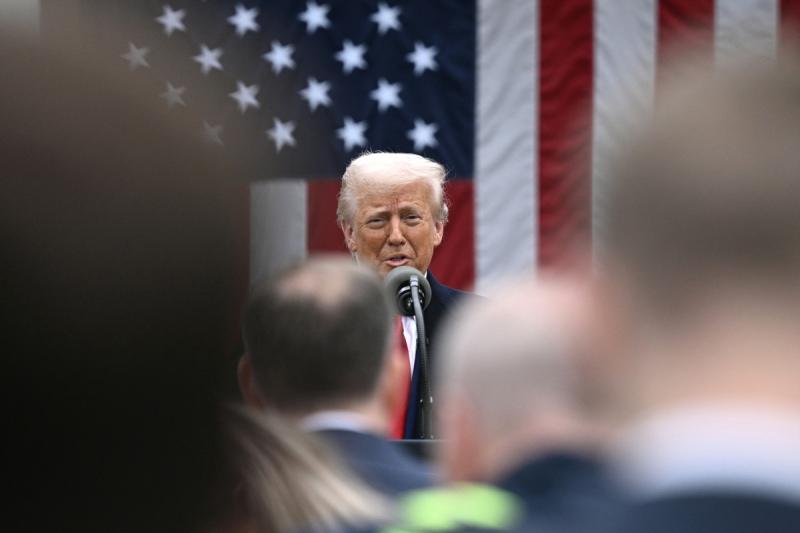Why this frantic Israeli insistence on normalizing relations with Lebanon? Is it a form of pressure to bend the Lebanese government and force it to amputate its Shiite arm by destroying Hezbollah? Or is it a form of pressure to fulfill Israel's dream of normalizing relations with Lebanon in order to better subjugate it in the near future? What does the Lebanese side have to say about this proposed forced marriage?
Let's look at both sides of the story, the respective positions of the antagonists.
Israeli position
For Israel, normalization means a shortcut to a comprehensive peace agreement in the short term. The Israeli project, however, remains subject to a realistic vision, as described by Israeli Minister of Regional Cooperation Ofir Akunis, who believes the matter is premature, despite, according to him, the already established negotiation process on certain issues. Since the armistice agreement between Lebanon and Israel, no other agreement has been signed, but an attempt was made in 1983 with the May 17 Agreement following the Israeli invasion of Lebanon in 1982. This attempt failed.
The most recent agreement was signed in October 2022, demarcating maritime borders to formalize the exploitation of gas resources in the Mediterranean. This agreement has not been respected to this day.
For Israel, normalization means the establishment of formal diplomatic relations, the establishment of a system of economic and energy cooperation through joint offshore gas exploitation contracts, security cooperation with the annihilation of the threat of Hezbollah, or other threats of Islamic extremism, and the pacification of the borders between the two countries, and finally (the most ambitious project): the promotion of cultural and tourist exchanges between the two populations. Regionally, such normalization would represent another victory for Israel under the 2020 Abraham Accords, through which Israel continues to normalize its relations with other Arab countries, which have led to peace agreements with the United Arab Emirates, Bahrain, Sudan, and Morocco. Normalizing relations with Lebanon would therefore be seen as another victory for Israel in its broader strategy to change regional dynamics and build a network of alliances with Arab countries. It would also weaken the influence of Iran and its allied forces, such as Hezbollah, in the region.
Lebanese position
For Lebanon, the normalization proposal is currently off the table, despite the destruction of Hezbollah's military machine. Hezbollah remains part of the government, and the prospect of normalizing relations between Lebanon and Israel is the subject of considerable debate, encompassing official government positions, public sentiment, and political dynamics. Lebanese officials have consistently rejected the idea of normalization with Israel. Prime Minister Nawaf Salam recently stated unequivocally that "no one in Lebanon wants a normalization of relations with Israel," emphasizing a united national stance against such developments. Moreover, sources close to the Lebanese presidency have denied claims that ongoing dialogues with Israel could lead to normalization, stating that current discussions are focused solely on resolving specific issues and implementing UN Resolution 1701. The government also considers the proposal for normalization with a large border strip in the south of the country militarily occupied and subjected to daily bombardments and abuses, not to mention almost daily drone attacks in various other parts of the country, to be utopian.
On the public side, Lebanese public opinion reflects the official position, with widespread opposition to normalization. Polls indicate an almost unanimous rejection of the idea of normalization or a peace agreement with Israel, which in no way respects international law and is committing genocide in Gaza. Lebanese public opinion is convinced that any normalization or peace agreement with Israel will be used to phagocytize Lebanon at every level. It should be noted, however, that a tiny fraction of public opinion, primarily among the ranks of the former Christian militias, considers a normalization approach to be positive.
As if to nip the dream in the bud, the Maronite Patriarch has just categorically rejected any idea of rapprochement with Israel.
In short, the Israeli dream is far from becoming a reality.
 French
French















